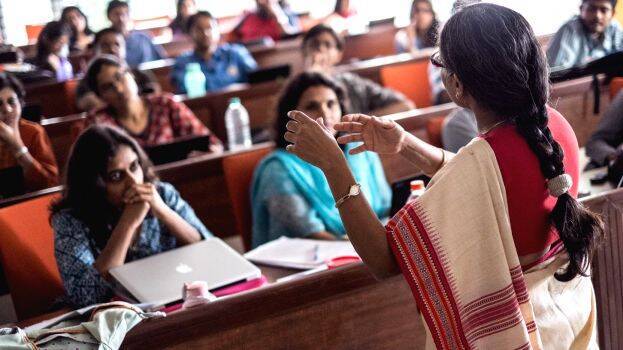

THIRUVANANTHAPURAM: Existing B.Ed centres will have to be merged with Arts and Science Colleges to conduct four-year integrated B.Ed courses for seniors. There are 16000 B.Ed seats in 188 training colleges. The central policy is to grant B.Ed to higher education institutions with various departments of study (multi-disciplinary). So the present centers will have to sign MoUs to work with other colleges. Different centers of the same management can also work as a cluster. With this, the current seats in B Ed courses will be preserved.
The draft policy published by the National Council for Teacher Education (NCTE) states that the current institutions should become multidisciplinary by 2028. There will be concessions including clusters in the final policy. There will be three types of B.Ed courses; four, two and one-year duration from next year.
Of these, the four-year course for seniors has strict requirements. The current two-year B.Ed can be continued for a few more years in teacher training institutes. A four-year B.Ed can be studied along with three streams namely BA, BSc and B.Com. It is for this reason that the course will not be allowed to continue in teacher training institutes.
There will also be dual major courses in Arts, Physical Education, Sanskrit and Yoga. PG can be taken in both subjects. For example, a B.A- B.Ed with Sanskrit can lead to Post Graduation in Sanskrit or Education. These courses should have UGC-qualified teachers
Spacious classrooms, a library with 4000 books, teacher training facilities, laboratories, an activity-resource centre, a multipurpose hall, a health and physical education room, an administrative office and six toilet blocks will be made mandatory. The head of the department should be a professor with a research degree in education and 10 years of teaching experience or an associate professor with 8 years of experience.
The fee for newly charted B.Ed courses is not mentioned in the draft policy published by NCTE. NCTE will determine the maximum fee that can be charged. States can interfere on subjects of fees and syllabus. There will be an entrance exam for all three types of courses.